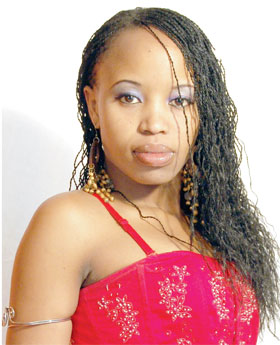×
The Standard e-Paper
Fearless, Trusted News
Juliet Kwamboka (Toxic)
To many of us, dancing is a something we do for leisure or to let off steam after a hectic day or week. However, there are people who have not only made a career out of dance but have also managed to make it serious business, writes BRENDA KAGENI.
